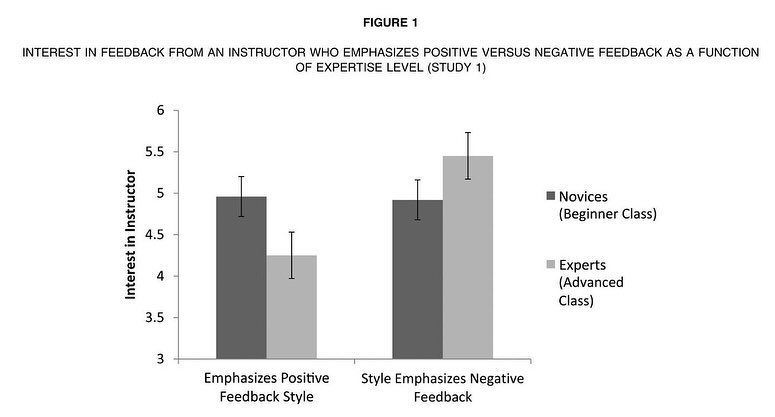Spinach in your teeth
Most of us have that person in our lives who will give us honest - sometimes brutally so - feedback. A friend or sibling or partner who will tell us when we’re talking too loud at a restaurant, if we’re snoring in the Amtrak quiet car, or if we have spinach in our teeth at the cocktail reception.
But a lot of people don’t have the equivalent at work. I think this is especially true in strategy because so many of us work alone. There are people with the experience and wisdom to provide that feedback, but not always the opportunity. And sometimes there are people with the opportunity, but not the inclination. Maybe they’re not your manager and don’t want to step on toes. Maybe they are your manager but are uncomfortable giving this kind of feedback, or have rationalized that now is not the right time for it.
Something I learned early on as a manager though - and embrace as a coach - is that it’s unfair to the people you’re working with to place your own comfort in front of someone else’s development. So I actively look for spinach in the teeth, because that’s what my clients are coming to me for.
Psychologist and author Adam Grant talks in his book Think Again about how most people don’t like being wrong. But he notes that a small percentage actually love it, because they immediately see it as growth. He picks up the theme of constructive criticism on social media:
“Novices seek praise. Recognizing strengths builds confidence to keep going.
Experts crave criticism. Seeing shortcomings reveals avenues to keep growing.
Preferring corrections to compliments is a sign of skill. The better you get, the more determined you become to get better.”
The post includes this research-based chart, which shows that openness to negative feedback correlates with increased expertise. As someone ascends in their craft, they realize that identifying the ways they can improve can only accelerate their development.
It’s easier to give this kind of feedback as a coach than as a manager. Like Adam Grant’s chart implies, people who work with me want to accelerate their expertise, and are eager to hear what they could do better. Strategists are often reluctant to show their managers the work they most need help with, leading instead with the work they’re most proud of. But because I have no role in their next title, salary bump or project, I find they’re more willing to open up about where they’re struggling. I’ve found with almost everyone I’ve coached, growth mode is immediately and persistently engaged.
And that’s a big part of a good strategist’s mindset - always looking for some new truth, whether it’s in a customer need, a brand perception, or their own capabilities.

